Richard Seymour in Sidecar:
Was ever a country, in this humour, won? A majority without a mandate, and a landslide that isn’t a landslide. Labour won 64% of the seats with 34% of the vote, the smallest ever vote share for a party taking office. Turnout, estimated at 59%, was at its lowest since 2001 (and before that, 1885). When a soggy Sunak finally pulled the plug on his flagging, flag-bedraggled government at the end of May, every poll showed Labour with a double-digit lead, at over 40%. Sunak’s litany of unforced errors, as well as the massive funding gap between Labour and the Conservatives and the queue of businessmen and Murdoch newspapers endorsing Labour, ought to have helped keep it that way. Instead, Labour’s total number of votes fell to 9.7 million, down from 10.3 million in 2019.
The Conservatives plunged from 44% to 24%, feeding into a surge for the far-right Reform UK which, with 14% of the vote, took four seats. The combined Tory–Reform vote, at 38%, was bigger than Labour’s share. The latter would not have increased at all, as the pollster John Curtis pointed out, without the Labour gains in Scotland enabled by the SNP’s implosion. Meanwhile the country’s left, despite its tardiness and lack of strategic focus, did well. The Greens increased their vote share from less than 3% to 7% and took four seats. Sitting alongside them in the Commons will be five independent pro-Palestine candidates, including Jeremy Corbyn who defeated his Labour rival in Islington North with a margin of 7,000 votes. Intriguingly, George Galloway’s diagonalist Workers’ Party didn’t win a single seat – including Rochdale, which Galloway has represented since February.
Never has there been such a yawning gap between the fractal pluripotencies of the age and the suffocating politics at the top.
More here.
 For weeks, pundits have been speculating that France’s snap legislative election could blow up in President Emmanuel Macron’s face—and boy did it. Only it’s blown up in a way nobody expected. Instead of the much-feared far right victory, the election will probably force the centrist president into an awkward coalition with the left, an exercise likely to leave both sides badly bruised.
For weeks, pundits have been speculating that France’s snap legislative election could blow up in President Emmanuel Macron’s face—and boy did it. Only it’s blown up in a way nobody expected. Instead of the much-feared far right victory, the election will probably force the centrist president into an awkward coalition with the left, an exercise likely to leave both sides badly bruised.
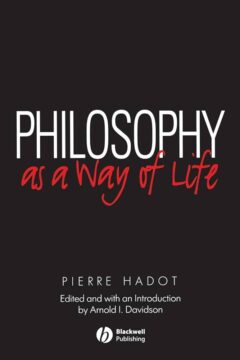 ‘Why did you decide to study philosophy?’ asked the Harvard professor, sitting in the park in his cream linen suit.
‘Why did you decide to study philosophy?’ asked the Harvard professor, sitting in the park in his cream linen suit.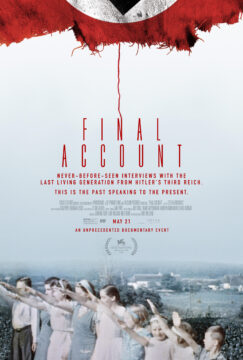 Anyone who’d like to look a Nazi in the eye is working against the clock. An eighteen-year-old member of the Nazi Party in 1945 would now be coming up to a hundred. Soon there will be none left. When the film director Luke Holland was diagnosed with terminal cancer in 2015, he was interviewing the last surviving Nazis to build an archive of their first-hand accounts of complicity. He kept going as his health declined. One of my colleagues was Holland’s haematologist, and a few of us were invited to watch some unedited footage of German nonagenarians in dowdy sitting-rooms recounting, with nostalgia, unease or insouciance, their involvement in the operation of the Nazi state. Afterwards, another colleague broke our stunned silence with the remark: ‘There but for the grace of God go I.’ At first I thought she meant we were lucky to have not been Jewish, disabled, Romani or gay in Germany in the 1930s, but she meant we were lucky not to have been Nazis.
Anyone who’d like to look a Nazi in the eye is working against the clock. An eighteen-year-old member of the Nazi Party in 1945 would now be coming up to a hundred. Soon there will be none left. When the film director Luke Holland was diagnosed with terminal cancer in 2015, he was interviewing the last surviving Nazis to build an archive of their first-hand accounts of complicity. He kept going as his health declined. One of my colleagues was Holland’s haematologist, and a few of us were invited to watch some unedited footage of German nonagenarians in dowdy sitting-rooms recounting, with nostalgia, unease or insouciance, their involvement in the operation of the Nazi state. Afterwards, another colleague broke our stunned silence with the remark: ‘There but for the grace of God go I.’ At first I thought she meant we were lucky to have not been Jewish, disabled, Romani or gay in Germany in the 1930s, but she meant we were lucky not to have been Nazis. One June afternoon, I found myself idling about a meadow at the top of a forest in the northwest of the Pacific Northwest. I ate a rough lunch and slept, hands in pockets and cap on face. When I awoke, the sun was still high and the bees buzzed and the meadow kept its drowsiness on me—and so I opened a book of essays I’d been carrying around for the better part of a week and turned to Henry David Thoreau’s 1862 essay “
One June afternoon, I found myself idling about a meadow at the top of a forest in the northwest of the Pacific Northwest. I ate a rough lunch and slept, hands in pockets and cap on face. When I awoke, the sun was still high and the bees buzzed and the meadow kept its drowsiness on me—and so I opened a book of essays I’d been carrying around for the better part of a week and turned to Henry David Thoreau’s 1862 essay “ In 19th century New York City, Theodore Gaillard Thomas enjoyed an unusual level of fame for a gynecologist. The reason, oddly enough, was milk. Between 1873 and 1880, the daring idea of transfusing milk into the body as a substitute for blood was being tested across the United States. Thomas was the most outspoken advocate of the practice.
In 19th century New York City, Theodore Gaillard Thomas enjoyed an unusual level of fame for a gynecologist. The reason, oddly enough, was milk. Between 1873 and 1880, the daring idea of transfusing milk into the body as a substitute for blood was being tested across the United States. Thomas was the most outspoken advocate of the practice.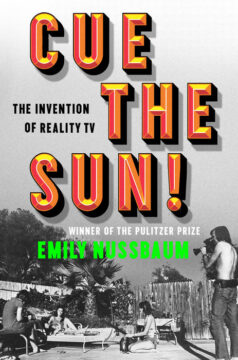 EMILY NUSSBAUM, THE PULITZER-WINNING television critic and New Yorker staff writer, ends her well-researched, somewhat grueling book on the history of reality television, Cue the Sun!, with a reminder that critics have historically dismissed reality TV as a fad. Yet reality TV has not gone away. It’s more than just a fad, she writes, because “in the end, all our faces got stuck that way.”
EMILY NUSSBAUM, THE PULITZER-WINNING television critic and New Yorker staff writer, ends her well-researched, somewhat grueling book on the history of reality television, Cue the Sun!, with a reminder that critics have historically dismissed reality TV as a fad. Yet reality TV has not gone away. It’s more than just a fad, she writes, because “in the end, all our faces got stuck that way.” In early May, Google announced it would be adding artificial intelligence to its search engine. When the new feature rolled out,
In early May, Google announced it would be adding artificial intelligence to its search engine. When the new feature rolled out,  In early 1824, 30 members of Vienna’s music community sent a letter to Ludwig van Beethoven
In early 1824, 30 members of Vienna’s music community sent a letter to Ludwig van Beethoven 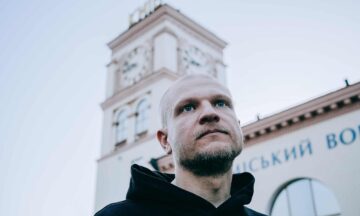 F
F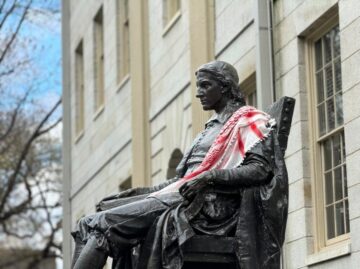 WHEN HAMAS TERRORISTS
WHEN HAMAS TERRORISTS